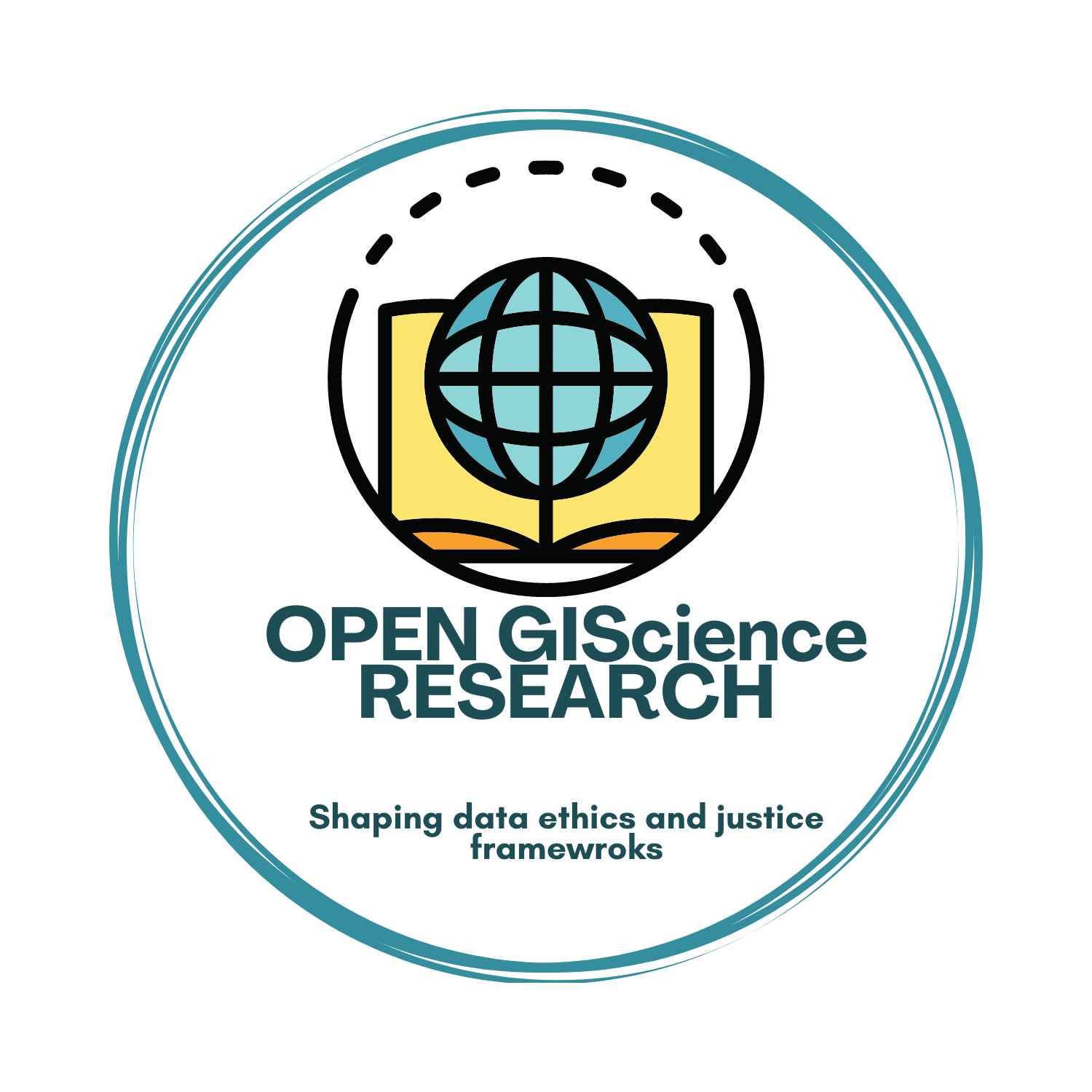Easy to understand
Digital story
No harm AI
Ethical ai course
This course recently added to our wide range of expertise. Our founder Muhammad Saleem, has designed and delivered this unique course in making it interactive using real life examples.
We used all forms of ways to meet the audience in their most comfortable locations, and talked in their own language.
Course Overview:
This course provides an in-depth understanding of the EU AI Act, with a strong focus on ethical AI principles and the practical implications of the regulation for organizations developing or using AI technologies. The course aims to bridge the gap between regulatory requirements and their real-world application, ensuring that AI is developed and deployed responsibly, with a clear ethical framework.
Participants will learn how to navigate the AI Act's requirements, develop ethical AI strategies, and ensure compliance with the new regulations, all while addressing the risks and challenges posed by AI technologies.
Key Learning Outcomes:
- Understand the objectives and scope of the EU AI Act.
- Learn about the risk classification of AI systems under the Act and what this means for businesses.
- Explore the ethical considerations in AI development and deployment.
- Discover practical strategies for AI risk mitigation and compliance with the Act.
- Learn how to ensure transparency, accountability, and data protection in AI systems.
- Gain insights into the real-world implications of the Act for various industries and sectors.
Target Audience:
- AI developers and engineers
- Compliance officers and legal counsel
- Business leaders and executives involved in AI projects
- Data scientists and AI ethicists
- Policy makers and regulatory officers
- Risk managers and IT professionals
Course Duration:
3 Days (Flexible delivery options: in-person, online, or blended)
Assessment and Certification:
Participants will be evaluated through quizzes and a final project where they will apply the knowledge gained to create a compliance strategy for a hypothetical AI system. Upon successful completion, participants will receive a certificate in EU AI Act and Ethical AI Compliance.
Module 1: Introduction to the EU AI Act
- Overview of the EU AI Act: Background and objectives.
- The scope of the AI Act: Which AI systems and applications are covered.
- Key provisions and requirements: From risk classification to compliance standards.
- Relationship with other regulations (GDPR, Cybersecurity Act, etc.).
Key Takeaways: Participants will gain a fundamental understanding of the regulatory landscape, how the EU AI Act fits within broader EU regulations, and why it's essential for businesses to comply.
Module 2: AI Risk Classification and Obligations
- Risk-based approach of the AI Act: Categories of risk—minimal, limited, high, and unacceptable.
- Requirements for high-risk AI systems: Conformity assessments, documentation, and monitoring.
- Low-risk AI systems: Obligations and best practices for transparency.
- Prohibited AI practices: What is strictly banned under the Act.
Practical Implications: This module will highlight the different risk categories and guide participants in identifying their AI systems' classification, ensuring compliance with the appropriate standards.
Module 3: Ethical AI Principles and Guidelines
- Core ethical principles: Fairness, transparency, accountability, and human-centric design.
- Ensuring non-discrimination and fairness in AI algorithms.
- AI explainability and transparency: Making AI decisions interpretable and understandable.
- Bias and fairness: Identifying and mitigating algorithmic bias.
- Ensuring human oversight: Maintaining control and responsibility in AI systems.
Key Takeaways: Participants will explore the practicalities of ethical AI development and how ethical principles can be integrated into AI systems to ensure fairness, transparency, and accountability.
Module 4: Practical Compliance Strategies
- Designing AI with compliance in mind: From development to deployment.
- Conformity assessments: Tools and methodologies for high-risk AI systems.
- AI governance frameworks: Setting up internal monitoring and auditing systems.
- Creating transparency reports: Documenting AI processes for regulatory review.
- Case studies: Best practices and lessons learned from industries already implementing AI under regulatory scrutiny.
Hands-On Activity: Participants will work through real-world scenarios to apply compliance strategies to AI systems, ensuring they meet the AI Act’s requirements.
Module 5: Impact of the EU AI Act on Businesses
- Sector-specific implications: Healthcare, finance, autonomous vehicles, and other industries.
- Adapting business models for AI compliance: Challenges and opportunities.
- Data protection and AI: GDPR compliance in AI system development.
- How the AI Act impacts AI adoption in SMEs.
- The role of Data Protection Officers (DPOs) and legal advisors in AI governance.
Key Takeaways: This module will provide insights into how various industries can adapt to the new regulations and what steps businesses need to take to incorporate ethical AI and compliance into their operations.
Module 6: Responsible AI Development and Future Trends
- AI sustainability: Environmental impacts and the future of ethical AI.
- AI and human rights: Ensuring AI systems respect fundamental rights and freedoms.
- Emerging AI technologies: New challenges for ethical AI development.
- Future-proofing your AI strategy: Preparing for further regulation and technological advancement.
Practical Implications: Participants will discuss upcoming trends in AI and how organizations can build sustainable, responsible AI systems that align with the future direction of EU policy and ethical AI development.
Module 7: Case Studies and Industry Examples
- Real-world AI systems and their compliance journey: Success stories and failures.
- High-profile examples of AI regulation enforcement.
- Ethical AI in practice: Examining ethical dilemmas and how companies have addressed them.
- Interactive discussions: How to implement what you've learned into your own AI strategies.
Hands-On Activity: Participants will engage in group discussions and role-playing activities, applying ethical principles and regulatory guidelines to real-world AI systems.
Module 8: Action Plan for Organizations
- Developing an ethical AI framework: Key steps to ensure compliance and ethical governance.
- Integrating AI risk management: Building a comprehensive risk mitigation plan.
- Practical steps for immediate action: How to start implementing compliance measures now.
- Ongoing monitoring and future regulatory developments.


